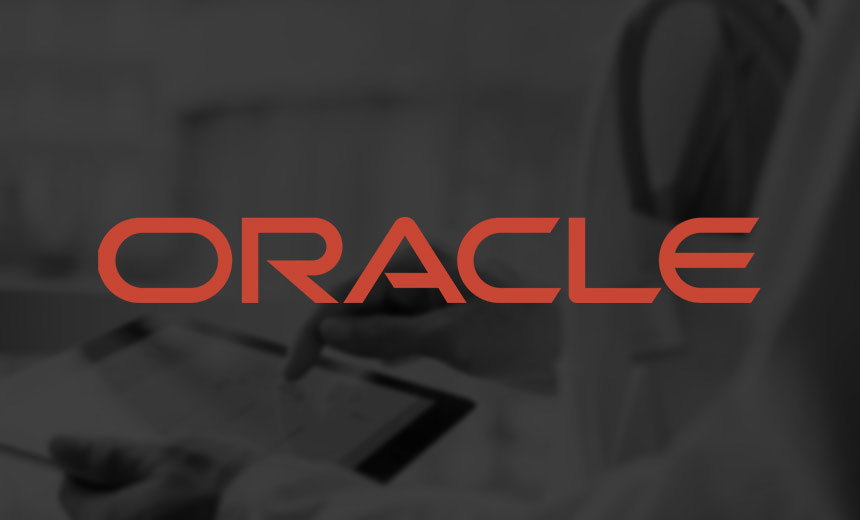3rd Party Risk Management
,
Data Privacy
,
Data Security
Customer Credentials Possibly Compromised at EHR Vendor Acquired by Oracle in 2022

Oracle is dealing with a hacking incident involving legacy patient data of Cerner electronic health record customers. Oracle, which acquired Cerner in 2022, is reportedly telling healthcare clients the hack involved compromised customer credentials that were used to access data on Cerner servers that had not yet been migrated to Oracle Cloud.
See Also: A Modern Approach to Data Security
The FBI is also investigating the hack, according to a Reuters report. Hackers on Jan. 22 accessed the legacy servers and exfiltrated copies of patient data, with the aim of extorting multiple U.S. medical providers.
Oracle is telling affected clients that around Feb. 20, the company discovered the cybersecurity incident involving unauthorized access to some amount of Cerner data, according to Bleeping Computer.
Rumors of a potential cybersecurity incident affecting Cerner products first emerged in early March during the Healthcare Information and Management Systems Society conference in Las Vegas. Oracle at the time did not respond to Information Security Media Group’s requests for comment.
On Monday, Oracle did not immediately respond to ISMG’s requests for comment on the public reports surfacing about the hacking incident.
According to a communication seen by Bleeping Computer to an affected Oracle customer, the company is telling healthcare organizations that Oracle will not send breach notifications to affected individuals on behalf of affected clients, but it will pay for credit monitoring and the services of a mailing vendor.
But rather than providing written reports, Oracle Health has reportedly directed customers to communicate only with its CISO over the phone and not via email, Bleeping Computer said.
“Unfortunately, Oracle appears to be in damage control mode rather than partnering with provider organizations and providing sufficient details for communication with the affected patients,” said Wendell Bobst, partner and principal consultant at tw-Security.
“There has been plenty of guidance to defend against cyberattacks and ransomware over the past five to 10 years, which continues to be recommended,” he said. “However, providers can drive more security with substantial contract penalties and require signed affidavits of data disposal after projects, upgrades and contract termination.”
The Oracle hack further demonstrates cyberattacks in the healthcare sector are not slowing down and a reminder that even the largest companies are at risk, said Steve Cagle, CEO of privacy and security consultancy Clearwater.
“Business associates that handle large amounts of electronic protected health information must be held to higher cybersecurity standards, including performing on-going risk analysis, remediating risks, and maintaining reasonable and appropriate incident response procedures,” he said. “When breaches like this occur, the vendor’s transparency, response time and support for their customers will dictate how they are viewed by the industry.”
Oracle in December 2021 announced plans to acquire Missouri-based healthcare technology vendor Cerner in an all-cash deal valued at $28.3 billion. The deal closed in June 2022 (see: Oracle Deal to Buy Cerner: Privacy, Security Considerations).
At the time of the Oracle purchase, Cerner had been under a five-year, multibillion dollar contract with the U.S Department of Veterans Affairs to deliver a new electronic health record system. But the deployment of the system was plagued with technical and other issues that in 2023 prompted the VA to delay some of its upcoming deployments.
Oracle and the VA extended the contract in 2024.
IT services and software vendors have become major targets of cybercriminal groups because of the potential to hack the databases of multiple clients.
Change Healthcare’s highly disruptive ransomware attack in February 2024 – which affected 190 million individuals – was the result of a hack to an external-facing server that had not yet been safeguarded with multifactor authentication following UnitedHealth Group’s October 2022 acquisition of Change Healthcare (see: Change Healthcare’s Mega Attack: 1 Year Later).
